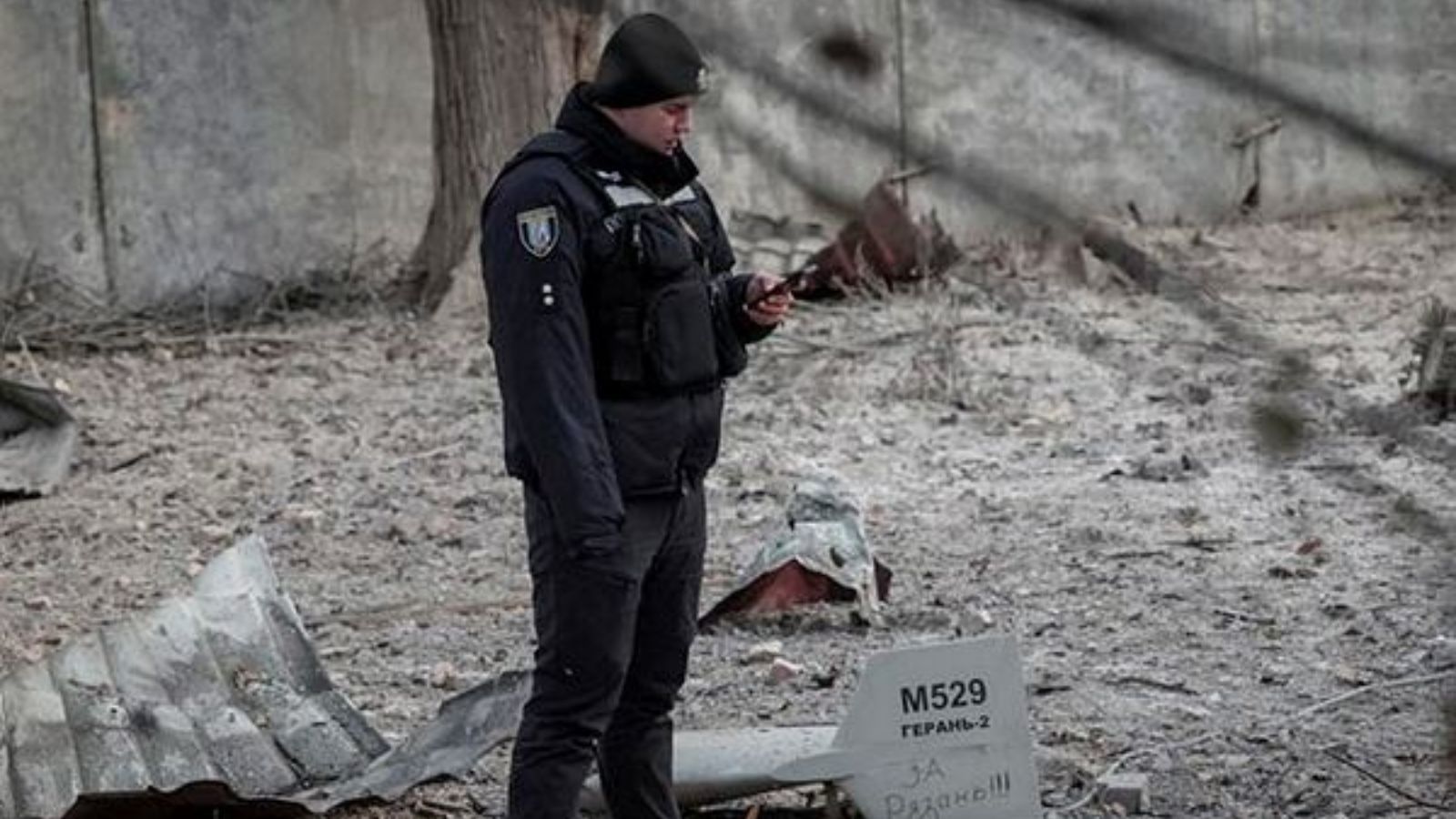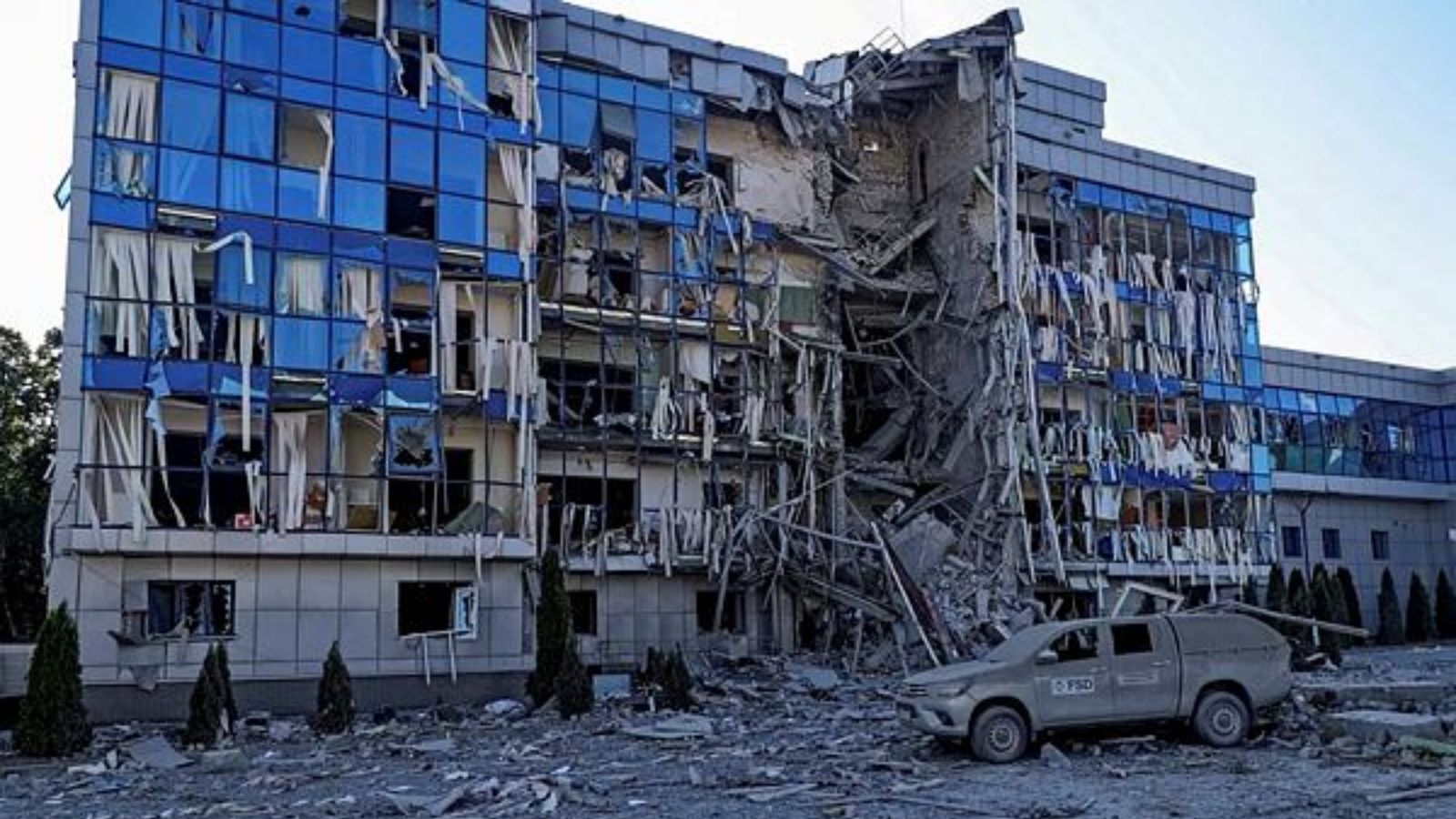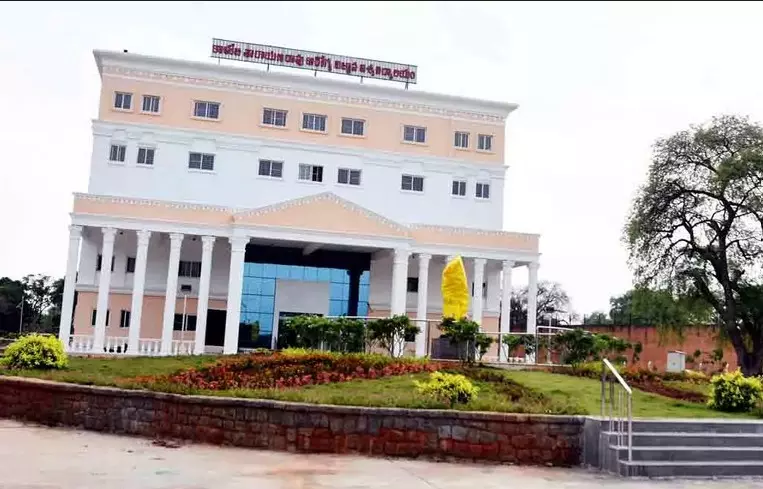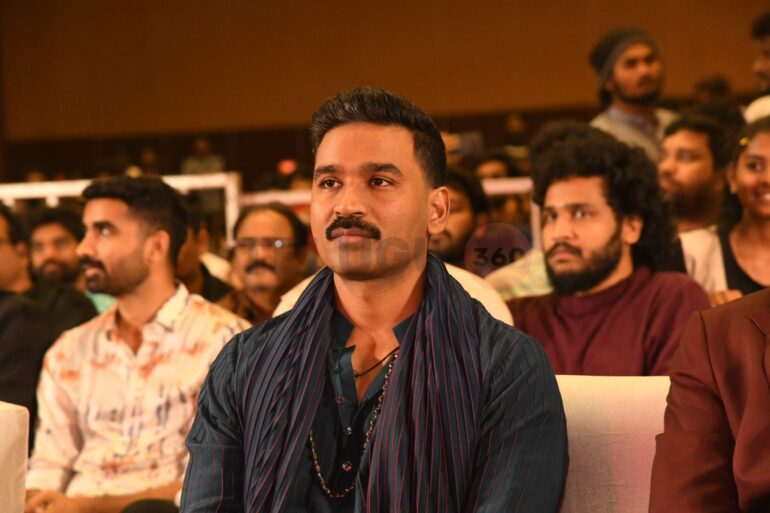“It was a terrifying experience – drones dropping bombs and bullets flying around – but I learnt a bit of Russian from the soldiers. I was afraid for my life at every moment,” Mohammed Sufiyan, a youth from Narayanpet in Telangana, told The Indian Express on Friday, hours after returning to India from the Russia-Ukraine war front.
“I was based at a camp 60 km inside of Ukraine, alongside Russian soldiers, when a local army commander came on September 6 and told us we have been dismissed from service and our contract is no longer valid. We could return to India. They provided an Army bus to me, three youths from Gulbarga, and other foreign nationals fighting alongside the Russians, and we reached Moscow two days later. The Indian Embassy had arranged tickets to New Delhi,” he said.
Back home in Narayanpet, Sufiyan said that after almost nine months away, he can finally breathe easy. “I am not afraid of dying anymore. At the frontlines, there was a constant fear of being blown apart by a bomb dropped by an Ukrainian drone, a missile strike, or even a stray bullet from friendly fire by Russian soldiers, who were trying to intimidate us for not wanting to fight their war,” Sufiyan said.
Recalling how he landed in Moscow last December, Sufiyan said that an employment agent convinced him he was applying for a job as a security guard at a Russian government office in Moscow or a helper at a government office.
“As soon as we landed there, we were given a document in Russian to sign on. We were told it was a contract with the Russian government to work for a year for a salary of Rs 1 lakh per month. However, a day later, we were taken to an army camp and told to start physical training and learn how to fire rifles. We fired AK17 and AK74 rifles as part of our training. Then we were given two weeks of sniper rifle training. If anyone dared protest, officers fired bullets to the right and left of our legs. After about 25 days of training, we were taken to the Russian border with Ukraine, and from there we advanced into Ukraine territory that had been taken over by Russia,” Sufiyan said.
 A police officer stands near parts of the drone at the site of a building destroyed by a Russian drone attack, as their attack on Ukraine continues, in Kyiv. (Reuters)
A police officer stands near parts of the drone at the site of a building destroyed by a Russian drone attack, as their attack on Ukraine continues, in Kyiv. (Reuters)
Describing the situation inside Russian-held Ukraine territory, Sufiyan said that every day was a constant struggle to stay alive. After a youth from Gujarat, Hemil Mangukiya, was killed in a drone strike in February along with 23 Russian soldiers, some youths refused to work on the frontlines anymore. “As a punishment, the officer in-charge there made us dig a trench and forced us to spend the night in it in freezing temperatures, without food and only a couple of bottles of water. As the war progressed, I and three youths from Gulbarga, who were 20 km apart, protested daily and told the soldiers and officers that we had not signed up to die at their warfront. We had been digging trenches, reloading guns, and lobbing grenades but we refused to do it anymore. Two months ago, we were moved from the ‘red zone’ inside Ukraine to the ‘green zone’ on Russia’s border, where the injured were brought in from the frontlines,” he said.
 An office building of FSD (Fondation Suisse de Déminage), a non-governmental humanitarian organisation damaged during a Russian missile attack, amid Russia’s attack on Ukraine. (Reuters)
An office building of FSD (Fondation Suisse de Déminage), a non-governmental humanitarian organisation damaged during a Russian missile attack, amid Russia’s attack on Ukraine. (Reuters)
“This was when the Indian government first started trying to get us to get us out of Russia. A few days later, we were again 60 km inside Ukraine. Finally, on September 6, we received the news that we had been waiting for,” he said.
Story continues below this ad
Sufiyan said that the Rs 1 lakh salary per month they were promised was deposited in phases and they withdrew cash to pay for food, generators for heat, and hiring spaces in trenches to sleep. “After we returned to Moscow on our way back to India, the army officials took out India bank account numbers and promised to deposit the salary that is still due to us. Let’s see if they do it. It is not important because we were able to return home alive. We spent eight terrifying months fighting someone else’s war. I am thankful to the Indian government for the efforts to get us released and bring us back safely. I am never leaving my family again,” he said.
Gulbarga’s Mohammed Ilyas Sayed Hussaini, Mohammed Samir Ahmed, and Naeem Ahmed also landed at Hyderabad airport with Sufiyan on Friday afternoon, and were received by their families. Two other Indians who returned home include a youth from Kashmir and another from Kolkatawho too headed to their respective homes on Friday.






